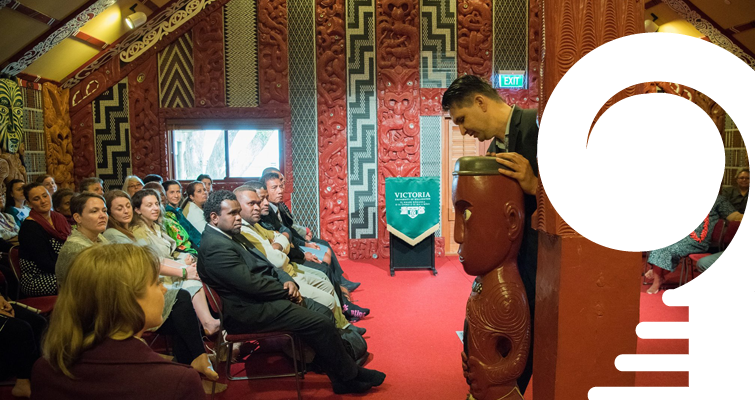About us
DevNet connects academics, students and development practitioners to facilitate the exchange of ideas, information and research.
The Aotearoa New Zealand International Development Studies Network links people and organisations involved and interested in the broad field of international development in Aotearoa New Zealand and the wider world…

CONFERENCES
DevNet’s conferences have been held biennially since 1998. Aotearoa New Zealand’s largest, regular conference on international development, provides a great opportunity for people from Aotearoa, the Pacific and others to learn from each other and from international experts. Keynote speakers have…

RESOURCES
eSocSci is an interactive knowledge space for communicating social science research and bringing together people who have common research interests in Aotearoa New Zealand. It includes an eLibrary of working papers on topic related to a variety of topics including migration, health, education…
PROF. ANTHONY BEBBINGTON
Director of the Graduate School of Geography, Clark University, MA, USA
MICHAEL EDWARDS
Director of the Governance and Civil Society Unit at the Ford Foundation




